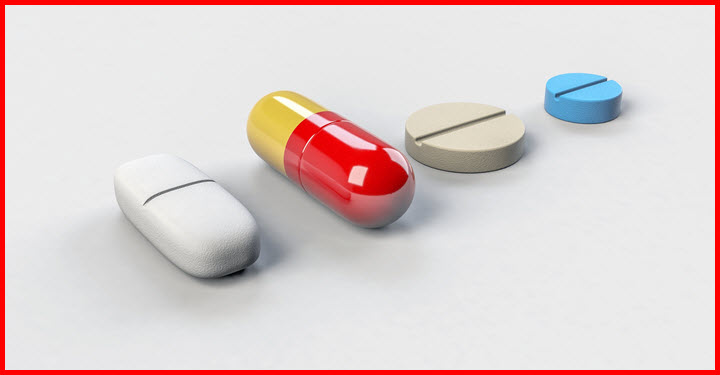I'll Bet It's Not What You Think

Did you know that 90% of all the vitamins on the market are synthetic? Synthetic means they are made – artificial – many are made from some form of petroleum.
For example, Dow Chemical Company is one of the major companies that makes vitamins. They have been doing this for years.
How can you tell whether, say, Vitamin C is synthetic? Look the ingredients list on the label it will say Vitamin C — but what follows that is what is important. If it says “as ascorbic acid” you know it is synthetic. The word “as” is the giveaway. One example of a natural vitamin C would be the plant Camu Camu, The label says it is a natural source of vitamin C (which you know it is from your research) And the ingredients say Organic Raw Camu Camu and further on it says 100% whole food, no fillers, and at the bottom of the label it says Certified organic.
The actual vitamin C is a combination of different molecules encased in natural ascorbic acid. Ascorbic acid alone is not vitamin C. The vitamin manufacturers can't put together this group of molecules that make up Vitamin C. So they take the one molecule that they can manufacture synthetically (asccorbic acid) and call it vitamin C. We have been brain washed over the years to believe them.
Watch out for the ward “as” on your ingredients labels – it means it is a synthetic molecule manufactured to act like the real thing. Most times it falls way short of that goal.
So now you scratching you head. Where do you get real vitamin C? The answer is from foods or food concentrates. The Camu Camu supplement is an example of a food concentrate. An example of a food would be sauerkraut (see my other post which shows how sauerkraut is a super food because of the huge amount of vitamin C it has.)
Watch the video and discover a whole lot more about the vitamin industries dirty little secrets.
.
Featured image came from pixabay.com.`




Leave a Reply